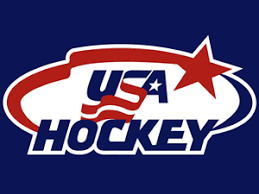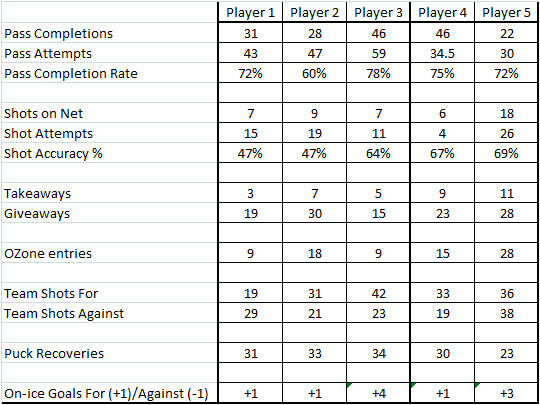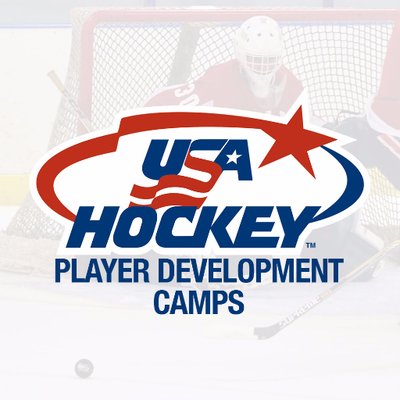
The is the second analysis I have done about the selections for the USA Hockey Girls U18 Camp which took place last week. The first was about the defenders picked to go to the U18 Camp. Now that the selections of the forwards from U18 Camp to go to the Women’s Festival were announced a few days ago, it makes this analysis even more interesting because none of the top 3 point-getters from either the Girls 16/17 Camp nor the U18 Camp were selected to advance to the next stage in the process.
WHAT?
Similar to the previous post, rather than engage in a subjective discussion on who was selected, I thought it might be helpful to collect some analytical data and metrics to understand how top players performed at the 16/17 camp and compare them to a couple of the players who weren’t selected.
WHY?
When you don’t select the top 3 point-getters from either Girls 16/17 Camp or the U18 Camp, there are bound to be a lot of folks who wonder what the selection criteria is for making it to the next stage of USA Hockey. I don’t know the answer to that question. But I can analyze the video of each shift for several of the top players picked and not picked to see if there is an obvious difference between the two segments. The purpose of this post is not to say who did or did not deserve to be selected to the U18 Camp. Instead, it is to help provide perspective and context to other players and parents the types of metrics that demonstrate the level of play needed to be selected. And ideally, individual players do their own self-analysis to see how they compare.
HOW?
I watched and coded specific attributes for every shift in all 4 games for every player in this analysis using the USA Hockey TV footage. I collected more metrics than are listed below, but I feel that the attributes shown, provide the right amount and level of data to gain an understanding of the level of play for this position. Note: Sometimes the live stream footage didn’t always focus on the area of the ice where the play was taking place, so it is very likely the odd play may have not been accounted for.
WHO?
Here is the list of the 13 players selected to go to the 18’s camp
Since I only had the time to watch 5 players – I watched 3 selected forwards plus 2 top players who weren’t selected. Those 3 forwards represented a mix of the forward selections. I am not identifying the names of any players because singling out any individual player is not my objective. For full transparency, in this analysis I do know the parents of one of the players.
SO WHAT?
Do I think the 5 selected were in the Top 10 forwards at the camp, almost certainly. Do I think there are 3-5 other players that could easily have been selected instead – also, almost certainly. There is no algorithm to calculate and rank the top players. I don’t know the selection criteria, so whatever they may be (whether well-structured or not) at the end of the day what matters is results. As stated in the parents meeting, the results of the last two U18 World Championships was not the result USA Hockey wanted – so we will see if the current process yields better results.
THE ANALYSIS
2023 USA Hockey Girls 16-17 Camp Analytics for Forwards Selected to Advance to the U18 Girls Camp

Note: Players 1-3 were selected to go to the U18 Girls Camp – Players 4 & 5 were not selected
Some notes on the tracked attributes:
- Takeaways = a one-on-one situation where the player gains control of the puck from directly challenging the other player
- Giveaways = full change of possession to the other team (e.g. a missed pass, dump in/out, rim or redirected puck)
- OZone entries = skating across the blue line with full possession of the puck
- Team Shots For/Against do not include shot attempts that did not reach the net. Only SOGs were included.
- I am not including the point stats or PIMs for any player since they can already be found on the USA Hockey website
- There were additional attributes I tracked like “faceoffs won” but they indirectly show up in other higher-order key metrics. Since not all the forwards played center, I didn’t include the faceoff attribute. But I did want to note, that one player was very good at faceoffs while another was not. The one that won most of their faceoffs did see that reflected in other measurement areas since many faceoff wins led to greater possession time.
OTHER THOUGHTS
- From all the players and games I’ve watched, it seems (and it’s only natural) that really good plays are rewarded disproportionately more than their equivalent poor plays are punished (e.g. creating a “wow” scoring chance vs. causing a “wow” scoring chance for the other team). Forwards tend not to surrender many negative scoring chances unless they are somewhat negligent defensively. So, it seems likely that creating offense is highly disproportionately weighted in player evaluation.
- Not all players gave the same defensive effort throughout a game, whether it is being tired or laziness. But over the course of four games, it was pretty clear who consistently tried to play a 200-foot game (vs. cheating a little defensively or taking some shortcuts).
- Scouting and evaluating is not an exact science. In my humble opinion, most of the scouts/coaches don’t watch any player enough to really get the full picture. It is sampling data – and while it is directionally correct, when there are many players within a close band it is hard to discern who is absolutely the “best” player. And who you pick may vary when you are building a team for a short tournament and need different types of players.
- After watching over 20 hours of individual game footage, this process is somewhat exhausting. It takes a lot of work to watch and tag each type of play. I can’t imagine being a scout and trying to watch 10 skaters live on the ice throughout an entire game. At the same time, the insights are quite valuable. I hope that college scouts leverage Instat to watch players individual shifts (if a club/prep team uses Instat) to evaluate the full body of their work rather than just sampling one or two periods of a game during a tournament or showcase weekend. To me, it is hard to watch multiple players in a game rather than on just one player at a time.
- Note: We are still waiting to on the written feedback and letter rating that we were told all players would receive. If you are a player or parent from 16/17 Camp who has a received this feedback, please reach out and let me know. Update: We did receive the USA Hockey Feedback on July 27th – I will be writing up my thoughts on the feedback process in a upcoming post.

